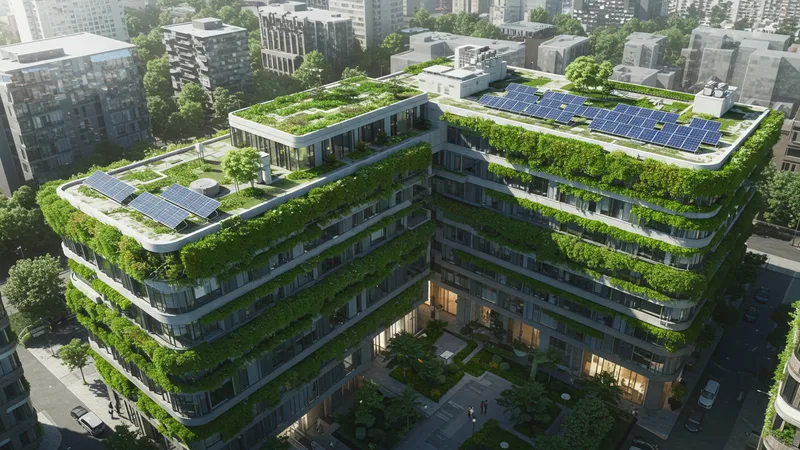
Financing Commercial Real Estate: Strategies For Smart Investors

The Environmental Impact You Can’t Ignore
Sustainability is no longer just a buzzword but a pivotal concern, influencing real estate investments at every level. Investors are becoming environmentally conscious, recognizing the economic benefits of green building practices. Properties equipped with sustainable technology often command higher rental prices and increased demand.
Zero-energy buildings and green-certified properties not only foster a cleaner planet but promise reduced operating costs and enhanced marketability. Lower energy consumption translates to a decrease in utility expenditure, positively impacting net returns. The question is, are these the future standards or the exception few are willing to embrace?
More than ever, cities are offering incentives to developers implementing eco-friendly building strategies. Tax credits and zone relaxations attract forward-thinking investors, enhancing both the project’s appeal and potential profitability. But are these enough to incentivize the sweeping changes needed at a commercial scale? This next insight might just tip the scales.
The narrative around real estate is gradually being reshaped by environmental considerations. From material sourcing to waste management, sustainability is redefining best practices. Yet, for those questioning if this is all just trends led by market demands—what you’ll read next provides a compelling case and startling evidence suggesting otherwise.